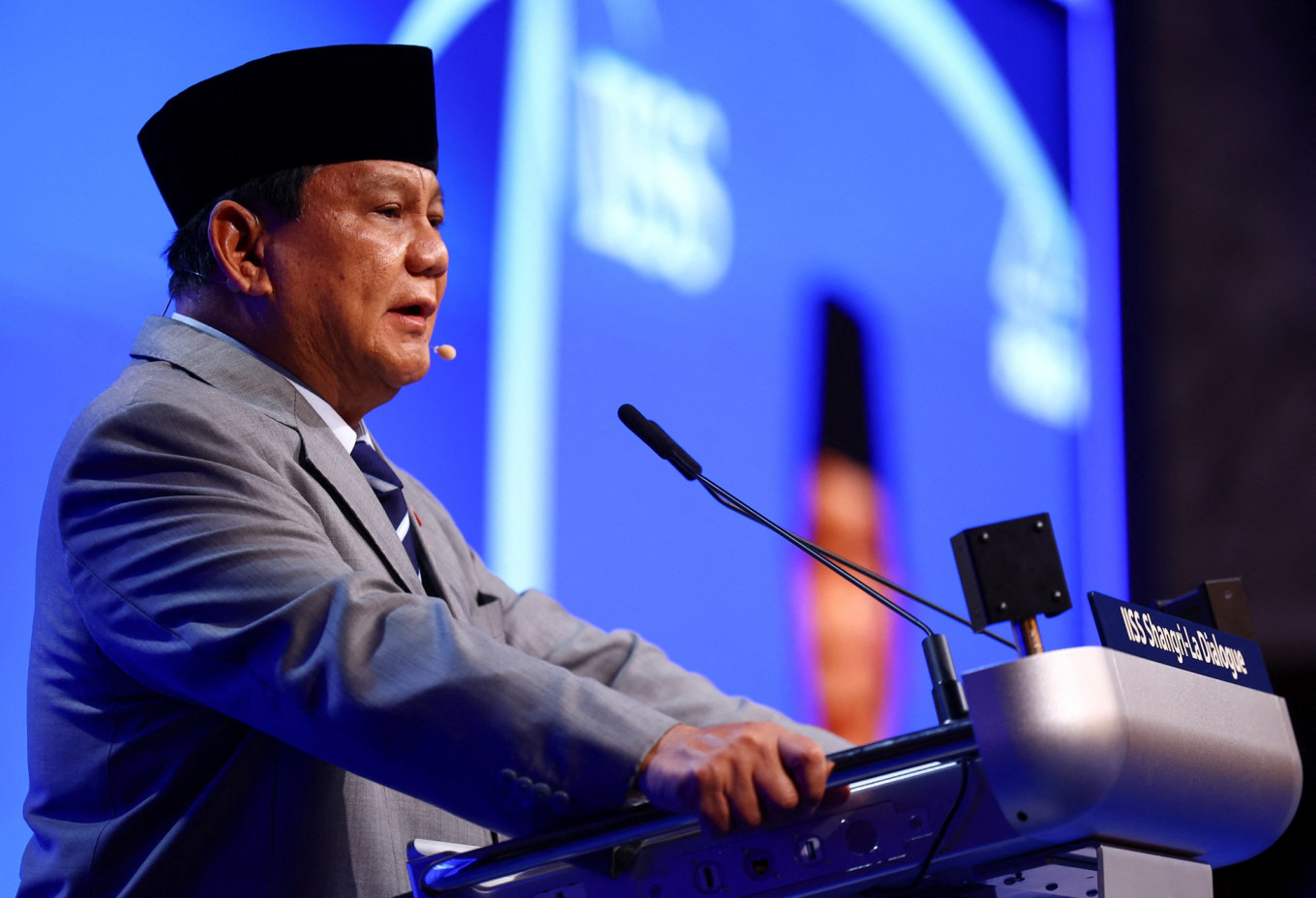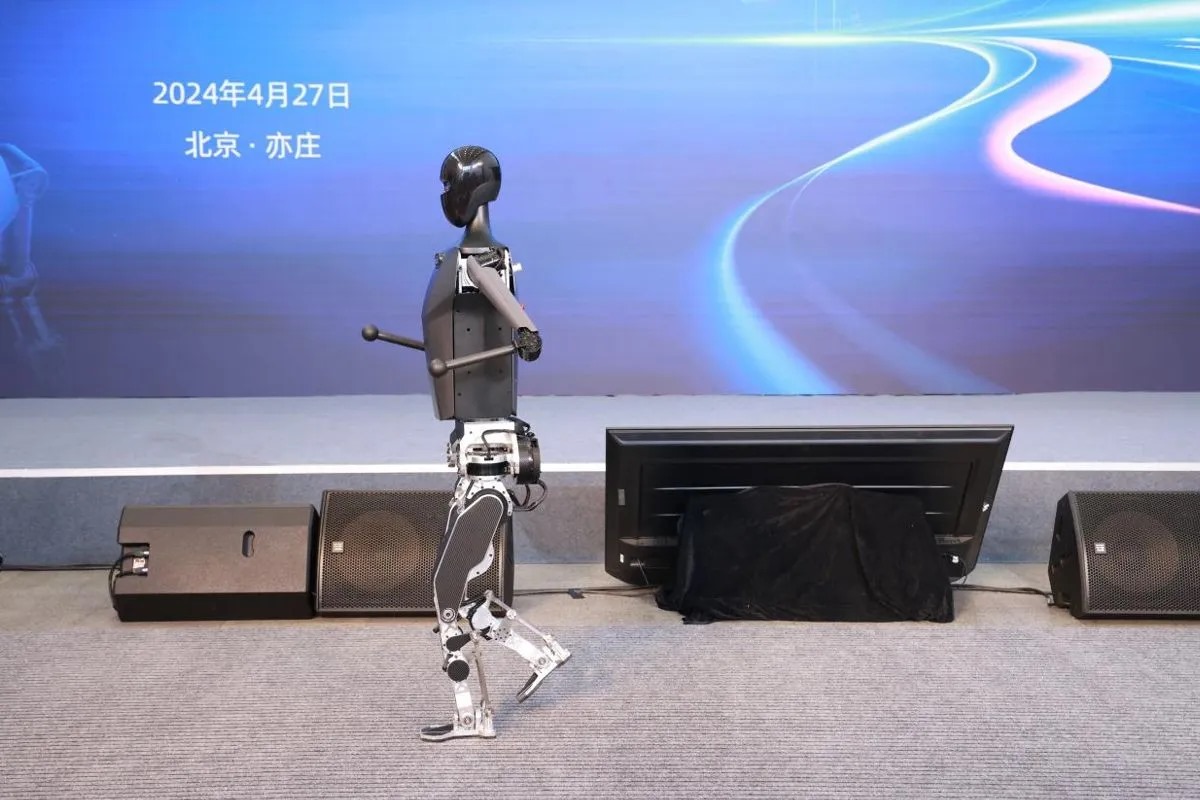
Prabowo’s Vision: Elevating Indonesia on the Global Stage
Berita Baru, Jakarta – When Indonesia voted in its presidential election on February 14, a running joke among political circles hinted that the nation unknowingly also elected its next foreign minister. The 72-year-old Prabowo Subianto, set to take office on October 20, has spent the months since securing a decisive 59% of the vote visiting over 10 countries, including Singapore, China, Japan, Russia, and Australia. Though his official role has been as the country’s defense minister, during these trips, he was presented as Indonesia’s incoming president, meeting key ministers and world leaders.
Prabowo’s actions have stirred enthusiasm among Indonesians eager for their country to expand its role on the international stage. Reported from the straitstimes.com page on Saturday (21/9/2024). Bayu Arasy, a 23-year-old media producer, expressed optimism about Prabowo’s proactive diplomacy, viewing it as a sign that Indonesia will become a more assertive global player. Many hope that under his leadership, Indonesia will be more effective in mediating international conflicts and strengthening its diplomatic ties.
Prabowo’s foreign policy engagements underscore his ambitions to reshape Indonesia’s position globally. Yet, many citizens hope he will also fulfill his election promise to improve living conditions at home while distancing himself from the authoritarian image that has haunted his political career.
A Shift Toward Assertive Foreign Policy
Shortly after his electoral victory, Prabowo made it clear that foreign policy would be central to his presidency. Within weeks, he had already advocated for deeper economic and security ties with Japanese Prime Minister Fumio Kishida, followed closely by discussions with Chinese President Xi Jinping.
Prabowo’s foreign policy, however, goes beyond state visits. In an April 26 article in The Economist, he criticized Western nations for their “double standards” in handling the Israel-Hamas conflict, pointing out that Ukrainian war victims were treated with more empathy than those in Gaza. This candid critique marked a significant departure from Indonesia’s traditional “bebas-aktif” (free and active) foreign policy, which has historically avoided aligning too closely with any global power bloc.
His stance on Gaza remained firm. In June, Prabowo attended a high-level humanitarian conference in the Gaza Strip and committed Indonesia to accepting 1,000 Palestinian refugees, offering them shelter in Islamic boarding schools across East Java.
Foreign policy experts have noted that Prabowo’s background gives him a distinct edge in international diplomacy compared to his predecessor, President Joko Widodo. Raised in a politically active family, with significant time spent abroad during his formative years, Prabowo brings a global outlook that is expected to shape Indonesia’s international relations.
According to Julia Lau, senior fellow at the ISEAS – Yusof Ishak Institute, Prabowo’s lifetime of exposure to foreign cultures has prepared him for the global stage. “He’s more comfortable engaging with foreign counterparts,” Lau observed, as quoted from the straitstimes.com page on Saturday (21/9/2024), adding that his influence over Indonesia’s foreign policy will be more pronounced than in previous administrations.
Indonesia’s Global Aspirations: A New Sukarno?
Analysts have compared Prabowo’s vision for Indonesia to that of its first president, Sukarno, who sought to assert the country as a leader of the non-aligned movement during the Cold War. Like Sukarno, Prabowo is seen to aspire to elevate Indonesia as a global leader, particularly among developing nations.
“He sees himself as a modern-day Sukarno,” said Made Supriatma, a visiting fellow at ISEAS, As outlined by straitstimes.com on Saturday (21/9/2024), “His style, from the clothing to his interest in foreign policy, reflects Sukarno’s influence. He envisions Indonesia as a nation of grandeur.”
Muhammad Habib Abiyan Dzakwan, a researcher at Indonesia’s Centre for Strategic and International Studies, noted that Prabowo’s frequent visits to foreign leaders signal his commitment to international relations. “Indonesia will likely be more outward-looking under Prabowo’s leadership,” Dzakwan said, pointing to his recent meetings with European and Russian leaders, including President Vladimir Putin.
Prabowo’s personal engagement in foreign diplomacy contrasts sharply with Widodo’s more reserved, multilateral approach, often delegated to Foreign Minister Retno Marsudi. Ahmad Rizky Umar, a research fellow at Aberystwyth University, described Prabowo’s approach as more personalized and hands-on, underscoring his desire to directly influence Indonesia’s foreign policy.
Balancing Foreign Ambitions with Domestic Concerns
Amid Prabowo’s push to expand Indonesia’s influence on the global stage, many Indonesians hope their own economic and social concerns will not be overlooked. Diana Savitri, a 54-year-old housewife, voiced hopes for lower food prices, more job opportunities for graduates, and free healthcare during Prabowo’s presidency.
The rising cost of living has been a major source of anxiety. Indonesia’s middle class has shrunk significantly, dropping from 57 million in 2019 to 47 million in 2024. With wages stagnating, many are struggling to keep up with rising expenses for food and housing. In response, Prabowo introduced a flagship free school lunch program during his campaign, which will cost an estimated 71 trillion rupiah ($5.9 billion) in 2025. The program aims to provide free lunches to all children in Indonesia and has already begun pilot testing.
Critics, however, argue that such welfare initiatives may not address the deeper structural issues plaguing the country. Amin, a 52-year-old from Surabaya, said he would prefer the government to focus on education costs rather than free meals. “Providing higher education for free will have a more significant impact on the country’s future,” he said.
Addressing Controversies and Building Trust
Prabowo’s controversial past, particularly his military background and accusations of human rights abuses, continues to be a point of concern for many Indonesians. Though never formally charged, his involvement in the 1998 kidnappings of political activists and alleged actions in Timor-Leste and Papua have shadowed his political career.
Observers will closely monitor how Prabowo handles dissent, especially given the ongoing unrest in Papua and controversies surrounding Indonesia’s extractive industries. Analysts warn that clashes between civil society and the Prabowo administration could arise if these issues are not addressed with transparency and sensitivity.
Despite these challenges, Prabowo’s supporters believe he will approach his presidency with a renewed focus. Alfian Septianto, a recent university graduate, said he is willing to give Prabowo the benefit of the doubt. “I believe he will come in with a new character, taking his responsibility as a leader seriously,” Alfian remarked, reflecting the optimism of many Indonesians.







